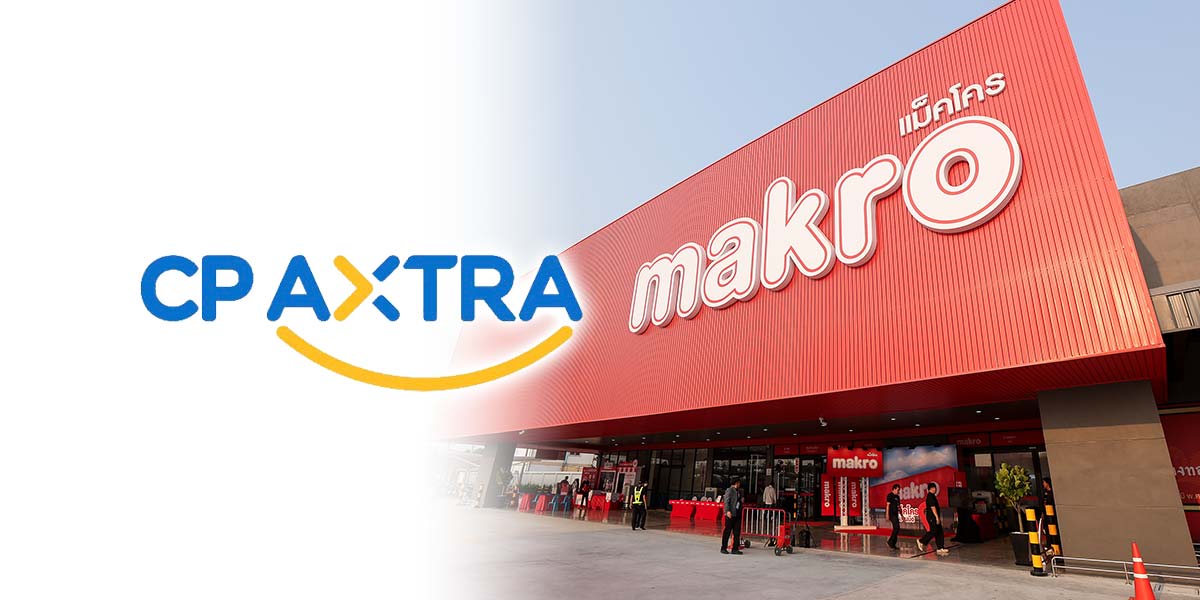Kitpon Praipaisarnkit, Senior Executive Vice President at UOB Kay Hian Securities (Thailand), revealed that since the beginning of the year, retail stocks have faced mounting pressure from a slowing economy and increasingly cautious consumer behavior, particularly regarding big-ticket purchases. This has led to significant downward revisions of profit forecasts for many companies in the sector.
However, some retailers have been able to adapt well to these challenges, especially those focusing on value-oriented products and private brands. These formats resonate strongly with consumers seeking to control spending. Kitpon highlighted that stocks such as CPALL and CPAXT have maintained positive profit trends since the start of the year.
Businesses related to convenience stores and wholesale, especially those emphasizing value-for-money merchandise and private brands, are clearly aligning with current consumer behavior. Among these, CPAXT stands out as one of the few companies with upward profit estimates, he stated.
He further emphasized that CPAXT benefits from the synergy between Makro and Lotus’s—a merger that is now yielding tangible efficiency gains, both in terms of cost management and stable rental income, which is more resilient than the traditional wholesale model. The company is also continuing with aggressive branch expansion this year, in contrast to some competitors who have begun to slow their growth.
When looking at essential consumption segments, such as fresh food or daily necessities—which are difficult for e-commerce to disrupt—large-scale companies like CPAXT are well-positioned thanks to their size and extensive network, the analyst explained.
Kitpon concluded that CPAXT’s strategies are expected to manifest more clearly in the second half of the year. If third-quarter results show improved performance, it would serve as a firm indication that the company’s direction is effective and sustainable.
Trinity Securities stated that CPAXT posted a net profit of THB 2,643 million in 1Q25, up 6.5% year-on-year but down 33.3% quarter-on-quarter. The increase was supported by rising fresh food sales but was dragged by lower beverage and electronics sales due to seasonal weather patterns. For 2025, profit is expected to grow around 20% based on assumptions of same-store sales growth (SSSG) and greater realization of Makro-Lotus merger synergies.
Finansia Syrus Securities noted that April SSSG was flat for Makro, while Lotus’s saw a slight decline. Q1 profit accounted for 21% of the full-year estimate. 2Q25 profit is expected to grow YoY from a low base, coupled with ongoing branch expansion and additional cost-saving synergies from the wholesale-retail merger.
DAOL Securities reported that CPAXT’s 1Q25 net profit was in line with expectations, attributable to low level of SSSG growth in both wholesale and retail businesses and reduced expenses. Full-year 2025-2026 earnings are projected at THB 12.6/14.9 billion, up 19%/18% YoY. However, 2Q25 may soften due to a sluggish economy and slow tourism recovery, posing headwinds for the rest of the year.
KGI Securities disclosed that CPAXT’s Q1 profit represents 23% of the analyst’s full-year estimate. Sound business positioning and merger synergies are expected to allow the company to weather the current challenging environment.
Following these, Trinity Securities, Finansia Syrus Securities, DAOL Securities, and KGI Securities give a ‘Buy’ recommendation for CPAXT, with a target price set at THB 30.00, THB 34.00, THB 36.00, and THB 30.00 per share, respectively.





